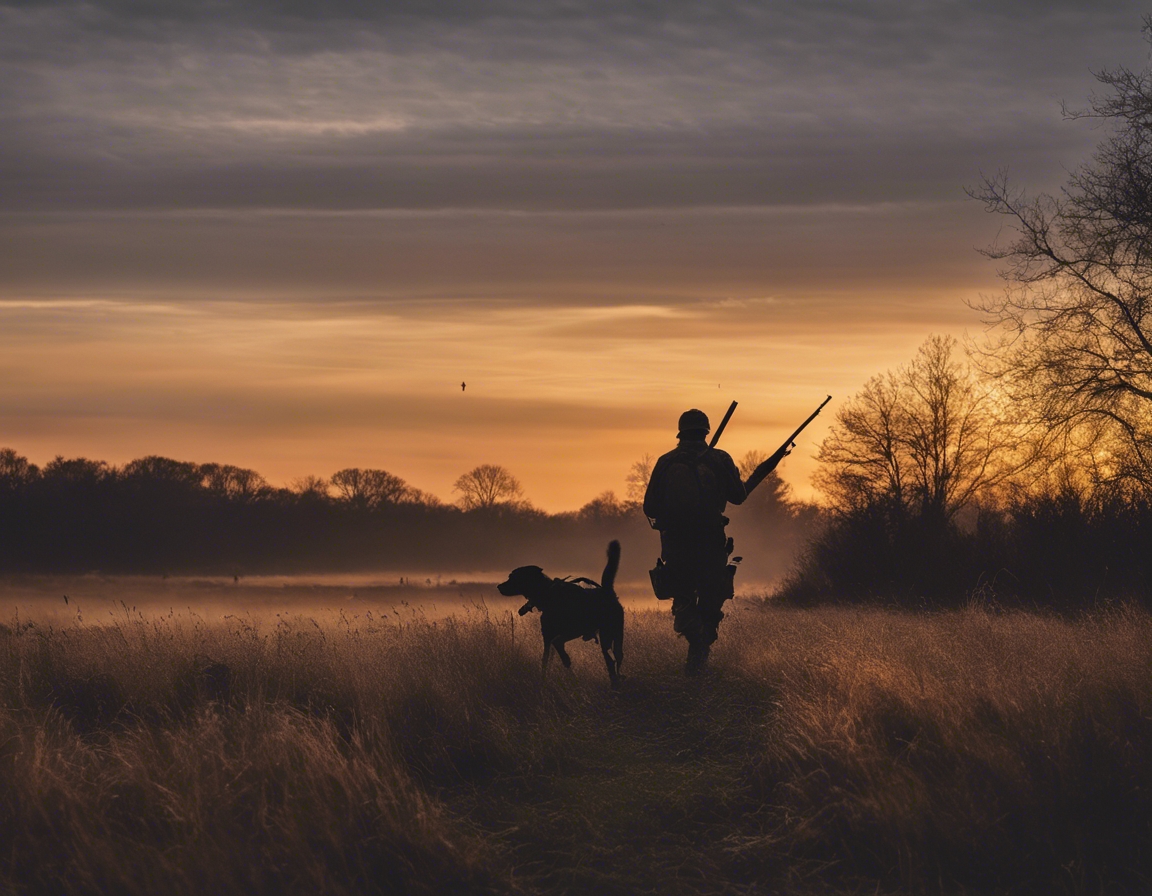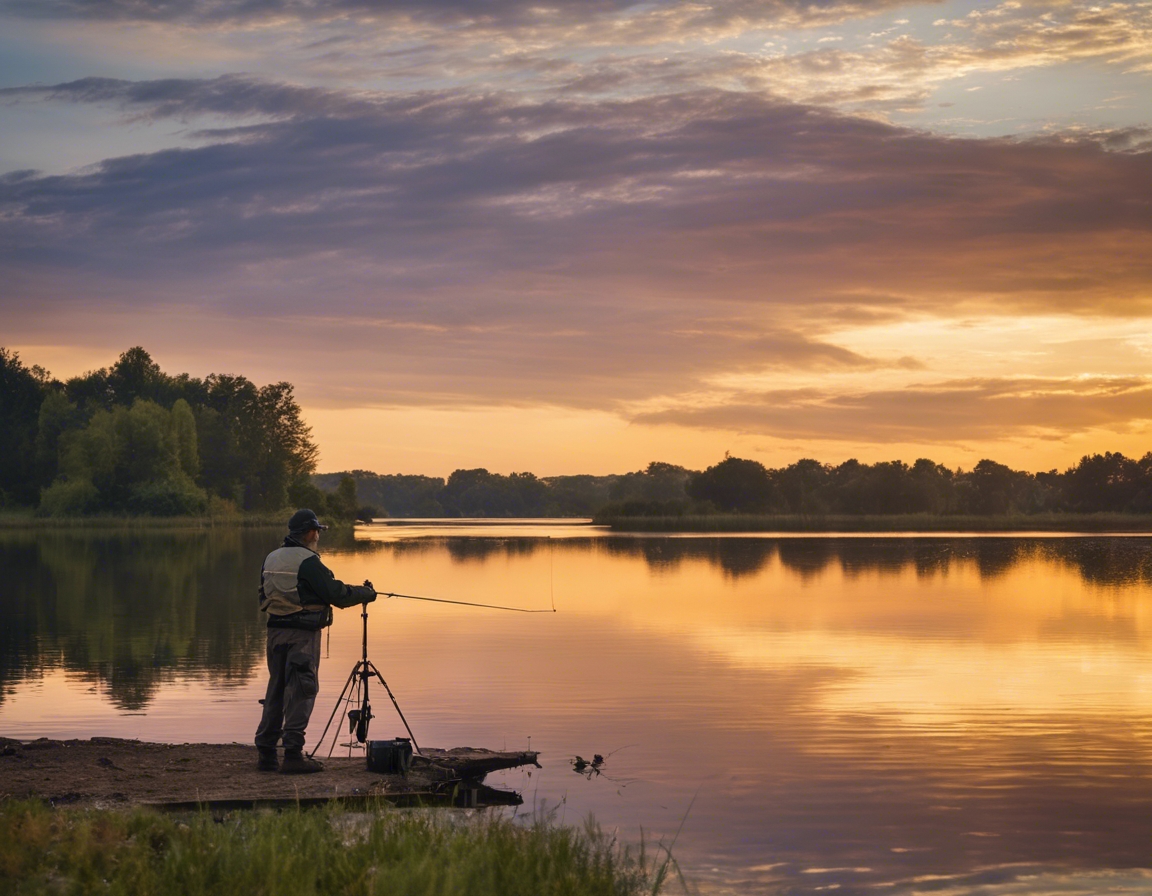5 essential safety tips for new hunters
Embarking on the journey of hunting can be an exhilarating experience, but it's crucial to prioritize safety above all else. As a new hunter, understanding and implementing safety measures is the foundation of responsible hunting practices. This guide will walk you through five essential safety tips that every new hunter should know and follow.
Tip #1: Complete a Hunter Education Course
Before you set foot in the wilderness with a firearm or bow, it's imperative to be educated on hunting laws, ethics, and safety. Hunter education courses are designed to instill the knowledge and skills necessary for safe and responsible hunting.
Completing a hunter education course can provide you with a comprehensive understanding of various aspects of hunting, including wildlife conservation, hunting techniques, and most importantly, safety protocols. These courses often lead to a certification that may be required to obtain a hunting license.
Many states and regions offer hunter education courses both in-person and online. Check with your local wildlife agency or hunting organizations to find a course that suits your schedule and learning preference.
Tip #2: Always Handle Firearms with Care
Firearms are powerful tools that demand respect and careful handling. Whether you're on the range or in the field, always adhere to the cardinal rules of firearm safety.
Always keep the muzzle pointed in a safe direction, treat every firearm as if it's loaded, keep your finger off the trigger until you're ready to shoot, and be sure of your target and what's beyond it. These fundamental rules are the cornerstone of firearm safety and should be second nature to every hunter.
Regular maintenance and cleaning of your firearm not only ensure its longevity but also its safe operation. Familiarize yourself with your firearm's mechanics and care requirements to prevent malfunctions in the field.
Tip #3: Wear the Right Gear
Proper attire is not just about comfort and protection from the elements; it's also about safety. High-visibility clothing, such as blaze orange, helps you stand out to other hunters and reduces the risk of accidents.
Wearing high-visibility clothing is often mandated by law during certain hunting seasons. It makes you more visible to other hunters, thereby preventing mistaken identity and potential accidents.
Investing in quality boots can protect you from injuries and provide the necessary support for traversing rugged terrain. Look for waterproof, insulated, and comfortable boots that offer good grip and ankle support.
Tip #4: Be Aware of Your Surroundings
Being aware of your surroundings is crucial for safe hunting. Always be mindful of the direction in which you're shooting, and ensure that you have a clear and safe shooting zone.
Before taking a shot, identify your safe shooting zone, which is the area where you can safely fire a shot without endangering others or causing property damage. Be aware of the range of your firearm and the potential for ricochet.
Understanding the terrain and weather conditions can help you make safe and informed decisions while hunting. Use maps, compasses, or GPS devices to stay oriented and avoid getting lost.
Tip #5: Communicate and Plan
Good communication is essential for hunting safely in groups. Let others know your location, your intended route, and when you plan to return.
Discussing your plans with fellow hunters ensures that everyone is aware of each other's positions and hunting zones. This can prevent accidental crossings into another hunter's line of fire.
Before heading out, create a detailed hunting plan that includes your location, routes, communication methods, and emergency procedures. Share this plan with someone who is not going on the hunt, so they can alert authorities if you do not return as scheduled.






Comments (0)